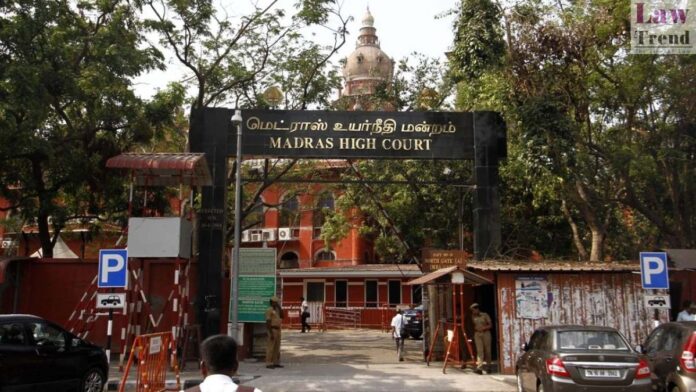In a landmark decision, the Madras High Court has ruled that certificates of marriage dissolution issued by private entities like the Shariat Council are invalid without judicial approval. The ruling emphasizes that only courts established by the state are authorized to issue such certificates.
The case came to the fore when a husband challenged a trial court’s decision that awarded his wife Rs. 5 lakh in compensation under the Protection of Women from Domestic Violence Act, 2005. Justice G.R. Swaminathan of the Madras High Court dismissed the husband’s petition, stating, “The certificate issued by the Chief Kazi of the Shariat Council of Tamil Nadu Thowheed Jamath concludes that Shariat judgment is accordingly delivered. Only courts duly constituted by the State can deliver judgments. Shariat Council is a private body and not a court.”
In the proceedings, the husband claimed that he had pronounced talaq and had subsequently remarried. However, his wife contested the claim, stating she had not received a third talaq notice, thereby rendering the dissolution of their marriage invalid. The court noted that while in Islam, a husband’s pronouncement of talaq allows him to remarry, the wife retains the right to seek maintenance and opt-out of the matrimonial home.
The court referenced the Supreme Court’s landmark judgment in Shamim Ara v. State of Uttar Pradesh (2002), which stated that a mere assertion of talaq by the husband does not suffice to validate a divorce. The responsibility lies with the husband to demonstrate in a court of law that talaq was pronounced validly. Justice Swaminathan added, “The issue cannot be left to the unilateral determination of the husband. That would amount to the husband becoming a judge of his own cause,” highlighting the need for a judicial declaration to confirm the dissolution of marriage.




